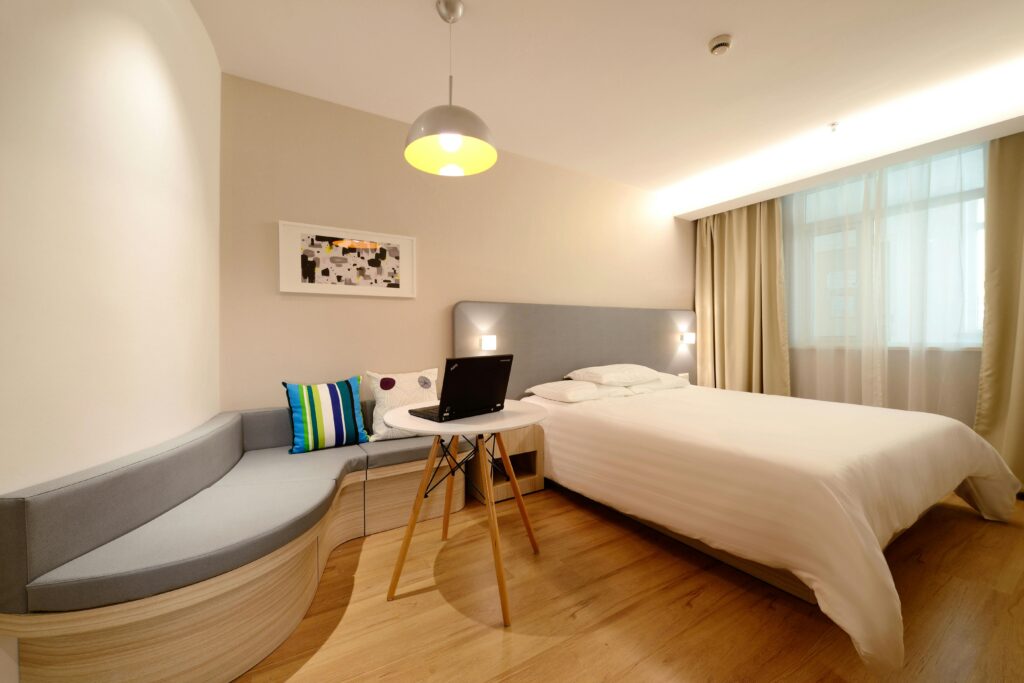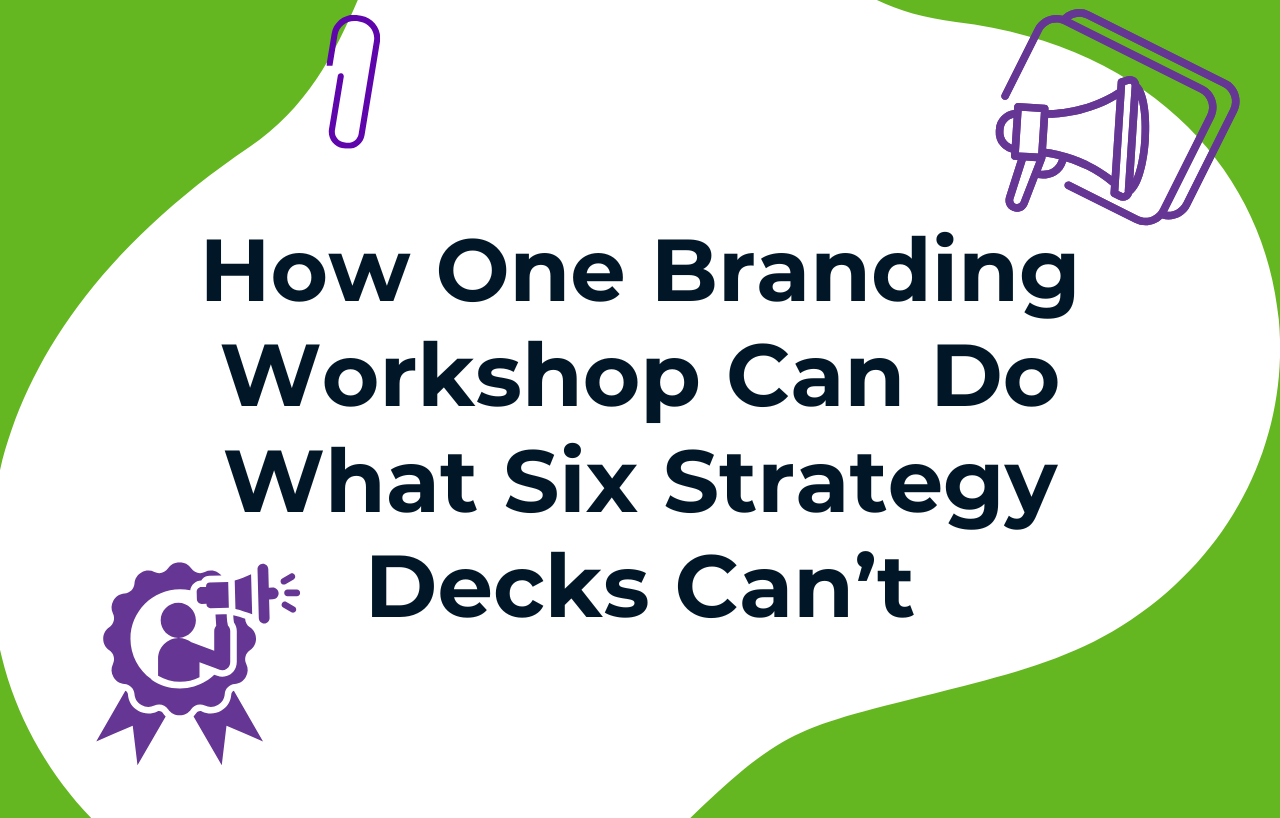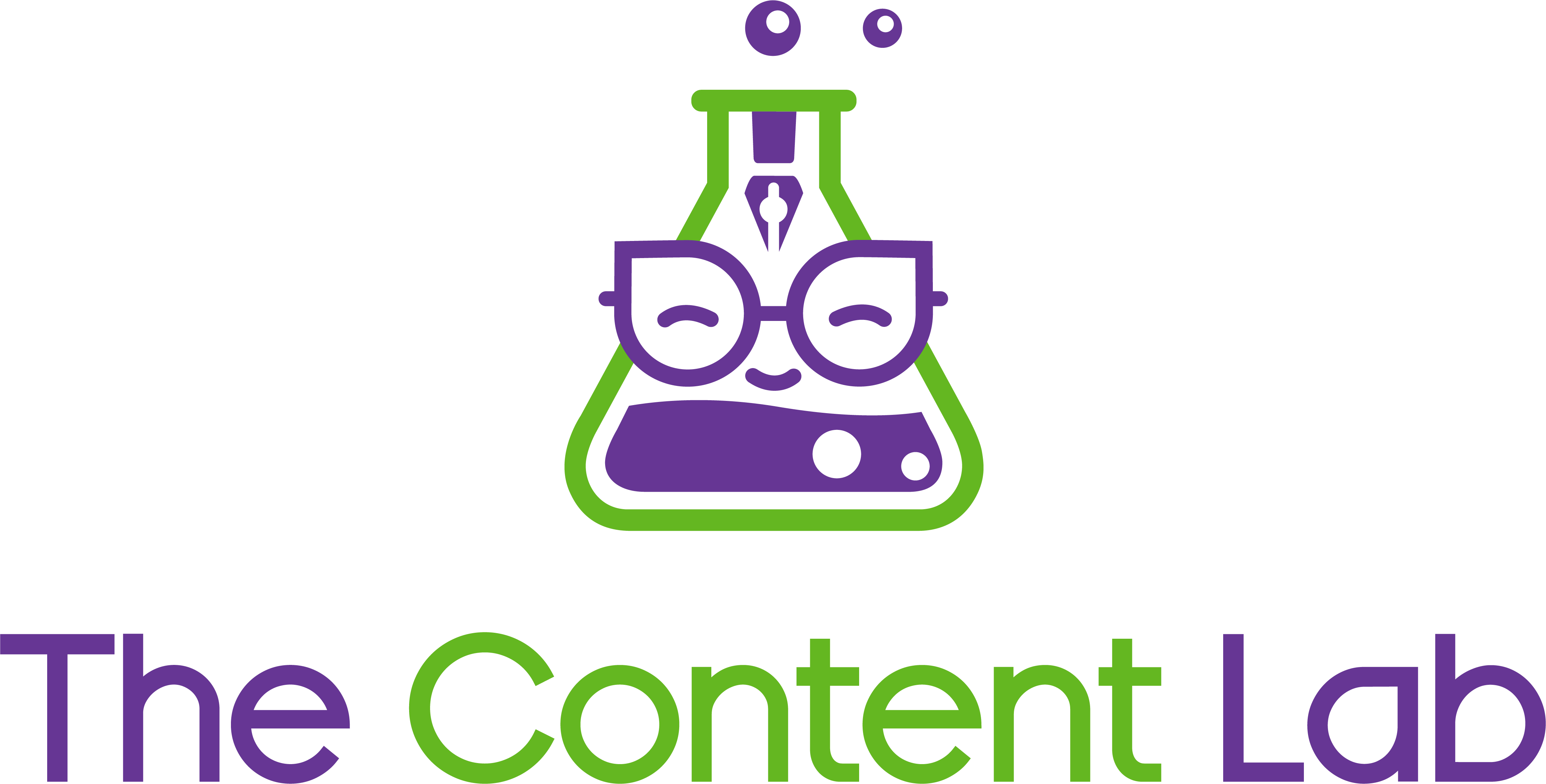All of our content is researched and written by human writers. No robots here!
In recent years, hospitality industry strategies have become more innovative than ever. From an increased use of technology to cancellation policy updates, the industry has had to adapt quickly to meet not only increased customer demands, but also unforeseen circumstances like the Covid-19 pandemic.
Another of these rapid changes has been to hotel marketing.
Hospitality-based businesses are investing in new strategies to boost their reputation and drive bookings. Content marketing and blogging pages in particular have become firm favourites in the hospitality industry.
But, is content marketing just a trend, or is it a highly-strategic move to attract ‘ideal tourists’ and new opportunities to your hotel?
Our team is here to help you find out!
1. Establish your hotel’s tone of voice (and stick to it!)
Consistency is key when it comes to establishing your hotel’s tone of voice. By defining and maintaining your hotel’s personality and values, you can create a strong and cohesive brand identity that truly resonates with your audience.
But how can you uphold a consistent tone of voice for your hotel blog?
We recommend the following steps:
- Define your hotel’s personality and values: Take the time to define your hotel’s unique personality and core values, and use these as the foundation for your tone of voice. As a general rule, all of the content you publish should align with your hotel’s unique brand identity, organisational goals, and the type of guests you’re trying to attract.
- Hire professional content creators: From how you interact via email to what your social media posts sound like, ensure that everyone involved in creating content for your hotel understands your brand’s tone of voice and style guidelines. If possible, create professional brand guidelines to help keep everyone on the same page.
- Use language and imagery that resonate: Use language and imagery that reflects your hotel’s brand identity and helps establish a deeper connection with your audience. This can be achieved using emotive, customer-centric language that really strikes a chord.
- Gather feedback from your audience: Listen to your audience and collect feedback whenever possible to evaluate whether your chosen tone of voice is working or not. Use surveys, polls, and social media interactions to gather insights and adjust your tone of voice as needed.
Tip: Have you ever considered working with a professional brand messaging service? If you’re struggling to define or maintain your hotel’s tone of voice, these services specialise in helping businesses and hotels like yours develop a clear and consistent brand voice that helps you stand out in an increasingly competitive industry. For more information on this, reach out directly to us at The Content Lab.
2. Plan your hotel content in advance

Google’s algorithm currently favours quality content, so it’s important to strategically plan your hotel’s content in advance to stay ahead of the competition and rank higher in search engine results pages (SERPs).
By taking the time to plan your blogs and social media posts in advance, you can ensure that your content remains fresh, relevant, and engaging for your audience… and doesn’t just become another AI-generated content hub that can discredit your business.
To keep your content original, engaging, and aligned with Google’s algorithm, we suggest:
- Conducting keyword research: Set aside time to research and identify SEO keywords, topics, and trends that your target audience is currently searching for. Once you have a list of keywords, you can then incorporate these terms into your content for better search engine visibility and relevance.
- Creating an editorial calendar: Stay organised and consistent by planning your content creation in advance. An editorial calendar (also known as a ‘content calendar’) will help you schedule posts, maintain a consistent posting frequency, and keep your content in sync with your overall hotel marketing efforts.
- Personalising your content: Understand the needs, interests, and pain points of your target audience, and create content that addresses their specific requirements. By providing content that’s valuable and relevant, you can attract and engage your audience more effectively.
- Experimenting with different formats: Publish different types of content on your blog page like articles, staff meet and greets, itinerary guides, and even guest posts by industry partners. Feel free to experiment with news updates, promotional videos, and podcast announcements to break up the ‘text-heavy’ feel of your hotel blogging page.
- Analysing your performance: Monitor the performance of your content to identify what’s working and what’s not. Use analytics tools to track key metrics like traffic, engagement, and conversions, and use this data to refine your content strategy and improve your results.
- Avoiding AI-generated blogs: Prioritise human-generated content that reflects your hotel’s unique voice and personality. While AI technology can be helpful for generating content ideas, relying too heavily on AI-generated content can result in generic posts that lack authenticity and fail to connect with your audience on a more personal level.
3. Get your SEO strategy on-point

A well-executed SEO strategy is crucial for making sure your hotel blog gets the traction it deserves. By optimising your content for search engines, you can attract more organic traffic to your website and improve your online visibility.
Looking for tips on where to start?
Here’s how to get your SEO strategy on-point and drive more traffic to your hotel through content marketing:
- Conduct thorough keyword research: As mentioned earlier, keyword research is vital for the success of any content marketing strategy. Just be sure to regularly refresh your list of keywords to keep your content fresh, relevant, and aligned with industry and audience developments.
- Optimise your on-page elements: Be sure to optimise your website’s meta titles, descriptions, and headings to make them more search engine-friendly. On-page SEO elements help you improve your website’s visibility in search engine results pages (SERPs) by providing search engines with valuable information about your content and its relevance to user queries.
- Create high-quality, relevant content: Focus on creating valuable, informative content that addresses the needs and interests of your target audience. Publish content regularly and remember — high-quality human content still reigns supreme!
- Build backlinks: Consider building high-quality backlinks from reputable websites to improve your website’s authority and credibility in the eyes of search engines. In short, backlinks in SEO are external links on other websites that lead to your site, serving as “votes of confidence” from other sources and indicating to search engines that your content is valuable and worthy of citation.
- Monitor and analyse your performance: Use analytics tools to monitor your website’s performance and track key metrics like traffic and conversions. This will help you make more data-driven decisions about how to further optimise your SEO strategy.
Tip: When it comes to your hotel’s SEO strategy, it’s important to incorporate local SEO as much as possible. Local SEO involves optimising your website and online presence to attract more traffic from local searches, making it especially valuable for connecting guests with hotels in specific geographic areas.
4. Give your audience what they want
Understanding your audience’s needs and preferences is essential for creating engaging content that not only pushes them further along the hotel booking process, but also promotes repeat visits and long-term guest loyalty.
By adapting your content to suit your audience’s interests, and addressing their questions and concerns, you can create a more meaningful experience for website or social media visitors looking for their first taste of your hotel’s level of hospitality.

To help, here are 4 tips to give your audience what they want and keep them coming back for more.
- Conduct market research: Take the time to really understand your target audience’s demographics, interests, and preferences. Use surveys, interviews, and social media analytics to gather as many insights as possible, using this information to create visitor personas that can guide your hotel digital marketing strategies.
- Tailor your content to your audience’s needs: Create content that directly addresses your audience’s questions, concerns, interests, and preferences as potential hotel guests. Provide valuable information, tips, and advice that help your audience not only feel engaged with your hotel, but also more comfortable booking their stay with you knowing they’re in safe hands!
- Encourage audience engagement: Encourage your audience to engage with your content by inviting them to share their thoughts and experiences, as well as hosting competitions to reward their participation. Respond to comments and messages promptly to promote a better sense of community, connection, and customer care.
- Keep your content fresh and relevant: Regularly update your content to keep it fresh, relevant, and engaging. Stay informed about industry trends, news, and developments, and incorporate this information into your content to keep your audience engaged and informed.
5. Leverage social media channels

In addition to your hotel blog, social media platforms can be extremely valuable for expanding your reach and engaging with your audience on a more personal level.
By integrating social media into your hotel digital marketing strategy, you can effectively drive traffic to your blog (and your booking page!), and ultimately, boost brand awareness and overall revenue for your hotel.
Here’s how to do it:
- Create a social media strategy: Develop a comprehensive social media strategy that outlines your goals, target audience, content themes, and posting schedule. Determine which platforms are most relevant to your audience and focus your efforts on those channels.
- Share blog content regularly: Share your blog posts on your social media channels to drive traffic to your website and increase visibility for your content. Use eye-catching visuals, engaging captions, and relevant hashtags to maximise engagement and reach.
- Engage with your audience: Initiate conversations and build relationships with your audience by responding to comments, messages, and mentions. It’s also a good idea to encourage user-generated content by running contests and reposting guest experiences posted online.
- Utilise paid advertising: Consider investing in paid advertising (also known as ‘pay-per-click’ or PPC advertising) on social media platforms to reach a wider audience and promote your content more effectively. Experiment with different ad formats, targeting options, and messaging to optimise your campaigns for maximum impact.
- Monitor performance and adjust strategies: Use social media analytics tools to track the performance of your social media efforts and gain insights into what’s working and what’s not. Use this data to refine your social media strategy and make informed decisions about future content and campaigns.
Tip: Did you know that The Content Lab now offers social media packages? We can take ALL the stress out of hotel social media management — planning, writing, and even publishing your social media posts on your behalf.
6. Publish guest blogs & features
Collaborating with guest bloggers and other tourism-industry professionals can help you expand your reach and provide your audience with diverse perspectives outside of your expertise.
From guest posts centred around food in your hotel’s region to travel guides highlighting local attractions, featuring guest blogs and articles on your hotel’s website can really enrich the visitor experience.
Here’s where to start:
- Establish partnerships: Reach out to local tourism businesses, international travel bloggers, and tour companies to establish partnerships and collaborations. In particular, look for individuals or organisations that share your target audience and values, and explore opportunities for guest blogging and cross-promotion.
- Create guest blogging guidelines: Develop clear guidelines for guest bloggers outlining your expectations, preferred topics, writing style, and formatting requirements. This will help ensure that the content aligns with your hotel brand and provides value to your audience.
- Offer incentives: Consider offering incentives like exposure, backlinks, or complimentary stays in exchange for guest blog contributions. This can motivate potential collaborators to create high-quality content for your hotel website.

- Promote guest blogs: Once guest blogs are published, promote them across your social media channels, email newsletters, and other marketing channels to maximise their reach and engagement. Tag guest contributors and encourage them to share the content with their own followers.
Tip: Don’t forget that you can also submit your own guest posts to travel blogs and websites. Just be sure that the webs
Up Your Content Marketing Game & Secure More Hotel Bookings with The Content Lab
Content marketing is a powerful tool for your hotel to attract more visitors, establish itself as an industry leader, and drive bookings from the right kind of tourists and visitors.
If you’re looking to take your hotel’s content marketing strategy to the next level, consider partnering with The Content Lab.
As a leading white label copywriting and content writing service, our team of experienced writers and branding experts can help you create content that not only delivers results — it also cements your position as a top hotel in your area.
Ready to take your first steps with us? Let’s talk hotel content!
Other Posts
 Content Marketing
Content Marketing Think Your Content’s Fine? Try This Content Audit Process and Find Out
 Content Marketing
Content Marketing How One Branding Workshop Can Do What Six Strategy Decks Can’t
 Content Marketing
Content Marketing 

